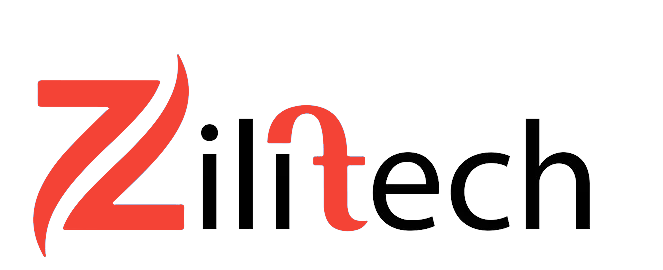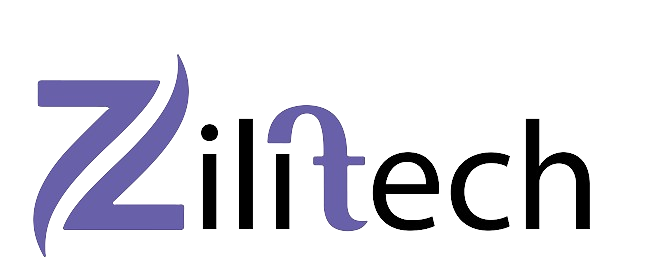Keeping tabs on student attendance is more than just a headcount; it’s about ensuring engagement, tracking performance, and fostering a disciplined learning environment. The era of manually marking attendance on paper is fast giving way to more sophisticated, tech-driven methods. Let’s dive into the best tools for student attendance tracking and explore why they’re revolutionizing classrooms worldwide.
Traditional Attendance Methods
Paper-Based Attendance Sheets
Remember those days when teachers called out names and ticked boxes on sheets of paper? This method, though straightforward, was prone to errors, easy to manipulate, and cumbersome to maintain.
Manual Entry Systems
Some schools upgraded from paper to spreadsheets, where attendance data was manually entered into a computer. This was a step up but still required significant time and effort, and data analysis was not as streamlined.
Digital Transformation in Attendance Tracking
Rise of Technology in Education
The integration of technology in education has transformed everything from how lessons are delivered to how attendance is tracked. Digital tools bring efficiency, accuracy, and ease to attendance tracking.
Benefits of Digital Attendance Systems
- Efficiency: Automation reduces the time spent on tracking and compiling attendance data.
- Accuracy: Minimizes human error and ensures more reliable data.
- Data Analysis: Provides insights through real-time reporting and trend analysis.
- Accessibility: Makes it easy for students and teachers to access attendance records anytime.
Essential Features of Modern Attendance Tools
Automation
Tools that automate the process save valuable classroom time and ensure that attendance is recorded without manual input.
Integration
Seamless integration with other educational software such as Learning Management Systems (LMS) and grading systems is crucial for a streamlined workflow.
Real-time Reporting
Instant access to attendance data allows teachers and administrators to address issues promptly and maintain accurate records.
User-Friendliness
Tools must be intuitive and easy to use for both teachers and students, ensuring smooth adoption and minimal training.
Top Attendance Tracking Tools for Students
1. Google Forms
Overview
Google Forms is a versatile tool that can be adapted for attendance tracking. Its simplicity and integration with Google Sheets make it a popular choice for many educators.
Features
- Customizable forms
- Automatic response collection in Google Sheets
- Integration with other Google Workspace tools
Pros and Cons
- Pros: Free, easy to use, accessible anywhere.
- Cons: Limited to basic functionalities, not specifically designed for attendance tracking.
2. Microsoft Teams
Overview
Microsoft Teams offers a built-in attendance feature as part of its extensive suite for classroom management.
Features
- Attendance reports
- Integration with Microsoft 365
- Real-time attendance during virtual classes
Pros and Cons
- Pros: Seamless integration with other Microsoft tools, real-time tracking.
- Cons: May require Microsoft 365 subscription, can be complex for beginners.
3. ClassDojo
Overview
ClassDojo is designed for elementary and middle school settings, providing a fun and interactive way to track attendance and manage classrooms.
Features
- Attendance tracking
- Student engagement tools
- Parent communication features
Pros and Cons
- Pros: Engages students, encourages positive behavior, integrates with communication tools.
- Cons: Best suited for younger students, not ideal for high schools.
4. PowerSchool
Overview
PowerSchool is a comprehensive student information system with robust attendance tracking capabilities.
Features
- Automated attendance tracking
- Integration with grading and reporting
- Customizable reports
Pros and Cons
- Pros: Comprehensive features, scalable for large institutions.
- Cons: Expensive, requires training for effective use.
5. MyAttendanceTracker
Overview
MyAttendanceTracker offers an intuitive online solution specifically focused on attendance tracking.
Features
- Customizable tracking options
- Real-time reporting
- Notifications for absences
Pros and Cons
- Pros: User-friendly, affordable, designed for attendance.
- Cons: Limited integration options, fewer advanced features.
6. TeacherKit
Overview
TeacherKit is a classroom management tool that includes a robust attendance tracking feature.
Features
- Attendance logs
- Seating charts
- Performance tracking
Pros and Cons
- Pros: All-in-one classroom management, easy to use.
- Cons: Best for individual teachers rather than large institutions, limited analytics.
7. Schoology
Overview
Schoology offers a Learning Management System with integrated attendance tracking.
Features
- Attendance tracking
- Assignment and grade integration
- Communication tools
Pros and Cons
- Pros: Comprehensive LMS integration, robust features.
- Cons: Can be complex, potentially expensive.
Factors to Consider When Choosing an Attendance Tool
Ease of Use
The tool should be easy for both teachers and students to use without requiring extensive training.
Cost
Consider your budget. Some tools are free, while others might require a subscription or have additional costs.
Compatibility with Existing Systems
Ensure that the tool integrates well with your current systems, such as LMS or grading software.
Data Security
Choose a tool that offers strong data security measures to protect student information.
Implementing Attendance Tools: Best Practices
Training and Support
Provide adequate training and ongoing support to ensure teachers and students can use the tool effectively.
Regular Updates
Keep the software updated to benefit from the latest features and security improvements.
Feedback Mechanisms
Implement feedback mechanisms to address any issues and make continuous improvements.
Challenges in Digital Attendance Tracking
Technical Issues
Technical glitches can disrupt the process and cause data loss or inaccuracies.
Data Privacy Concerns
With digital tools, data privacy is a major concern. Ensure compliance with relevant regulations.
Resistance to Change
Some teachers and students may resist new systems. Provide support and highlight the benefits to encourage adoption.
Future Trends in Attendance Tracking
AI and Machine Learning
AI can offer predictive analytics and insights, making attendance tracking smarter and more proactive.
Biometric Systems
Biometric systems like facial recognition can further automate and secure attendance tracking.
Integration with Learning Management Systems (LMS)
Deeper integration with LMS will streamline administrative tasks and improve data accuracy.
Conclusion
Tracking student attendance is no longer a mundane task, thanks to the evolution of digital tools. These tools not only simplify the process but also enhance data accuracy and provide valuable insights. Embracing modern attendance tracking solutions can significantly benefit educational institutions by saving time, reducing errors, and improving overall efficiency.
FAQs
1. What is the best free attendance tracking tool?
- Google Forms is a highly accessible and free option for basic attendance tracking needs.
2. How secure are digital attendance systems?
- Security varies by tool, but most reputable systems offer strong data encryption and compliance with data protection regulations.
3. Can attendance tools integrate with other educational software?
- Yes, many tools integrate seamlessly with LMS and other educational software, enhancing functionality and ease of use.
4. How do biometric attendance systems work?
- Biometric systems use unique biological traits like fingerprints or facial recognition to track attendance automatically.
5. Are there tools specifically designed for remote learning?
- Yes, tools like Microsoft Teams and Schoology have features tailored for tracking attendance in remote or hybrid learning environments.




